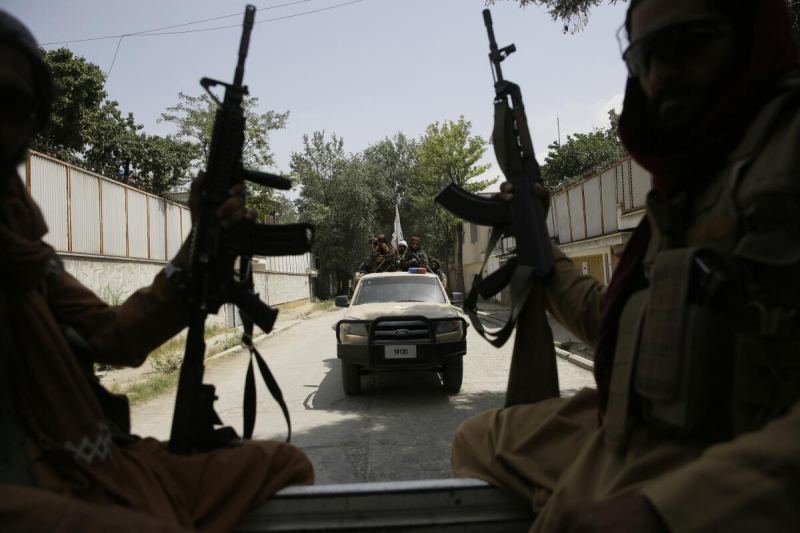- Middle East War Puts Bangladesh Jobs at Risk |
- Starmer criticises Trump, defends UK position not to allow use of its bases |
- Iran War: Nuke watchdog urges restraint amid ongoing strikes |
- 80pc tube wells in Chhatak run dry; water crisis acute |
- Advance Eid train ticket sale begins |
Foreign aid drops as Taliban abuses jeopardize Afghan health system

Afghanistan public health system hit hard
ISLAMABAD, Feb 12 (AP/UNB) — Human Rights Watch said Monday that Afghanistan’s public health system has been hit hard following a sharp reduction in foreign assistance, coupled with serious Taliban abuses against women and girls, jeopardizing the right to healthcare of millions of Afghans.
In a new report, the New York-based watchdog said this has left the “Afghan population increasingly vulnerable to severe malnutrition and illness” among other effects of inadequate medical care.
The Taliban takeover of Afghanistan in August 2021 drove millions into poverty and hunger after foreign aid stopped almost overnight. Sanctions against the Taliban rulers, a halt on bank transfers and frozen billions in Afghanistan’s currency reserves, have cut off access to global institutions and the outside money that supported the aid-dependent economy before the withdrawal of U.S. and NATO forces.
In 2023, the World Food Program warned that malnutrition rates in Afghanistan were at a record high with half the country suffering from severe hunger throughout the year.
“Women and girls have been disproportionately affected by the healthcare crisis, particularly because of Taliban abuses,” said the report.
The Taliban have barred women from most areas of public life and work and stopped girls from going to school beyond the sixth grade as part of harsh measures they imposed after taking power.
Taliban restrictions on women’s freedom of movement and employment have gravely limited their access to health services, the HRW report said, while bans on education have blocked almost all training of future female healthcare workers in the country.
“The loss of foreign development aid and Taliban rights violations have caused a catastrophic health crisis in Afghanistan that is disproportionately harming women and girls,” the report quoted Fereshta Abbasi, Afghanistan researcher at Human Rights Watch, as saying.
She added that "the cost of treatment and medicine has put care out of reach for many Afghans.”
HRW remotely interviewed 46 Afghan and foreign aid officials, healthcare workers, and people seeking healthcare in 16 of Afghanistan’s 34 provinces between February 2023 and January 2024. Fifteen of the interviewees, 12 women and three men, were with Afghans who had sought health care. The rights group also talked to Afghan healthcare officials, 10 women and eight men.
The Taliban government spokesmen were not immediately available to comment on the report.
While Afghans living in poverty have always faced difficulties obtaining health care because of costs, a rising number now struggle to pay for food and are often unable to cover the price of medicines and transportation to reach health services.
“Since the Taliban took over, the price of my medications has nearly doubled," a 54-year-old man living with a kidney infection told HRW. "This is too much for anyone who doesn’t have a job.”
The report also cited an unnamed official with the charity Mercy Corps in September as telling HRW that “the humanitarian response in Afghanistan simply cannot keep pace with the country’s worsening conditions.”
The Taliban have also imposed the women's head-covering, or hijab, and strict regulations regarding the presence of a male guardian, known as mahram, further impeding women from traveling for work or receiving treatment, the report said.
The report cited an unnamed doctor in the town of Samangan as saying they have been told by the Taliban "not to treat any female patient who is not accompanied by a mahram or is not in full hijab.”
“The unprecedented economic crisis in Afghanistan has meant that millions are facing life-threatening conditions,” said Abbasi, the HRW researcher. “The situation demands more than humanitarian aid; it requires sustainable efforts to avert further economic decline and alleviate the immense suffering of the Afghan population.”

